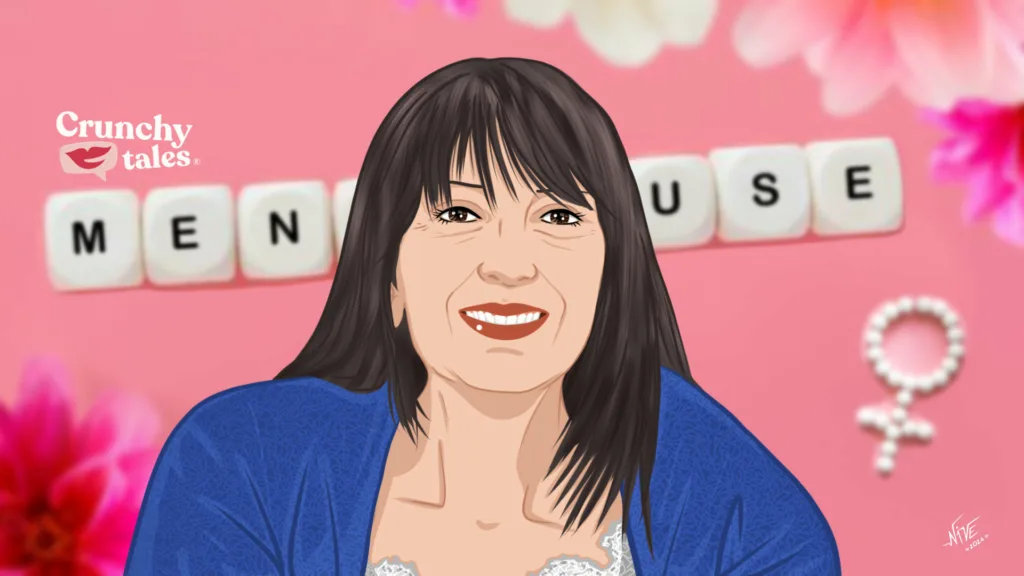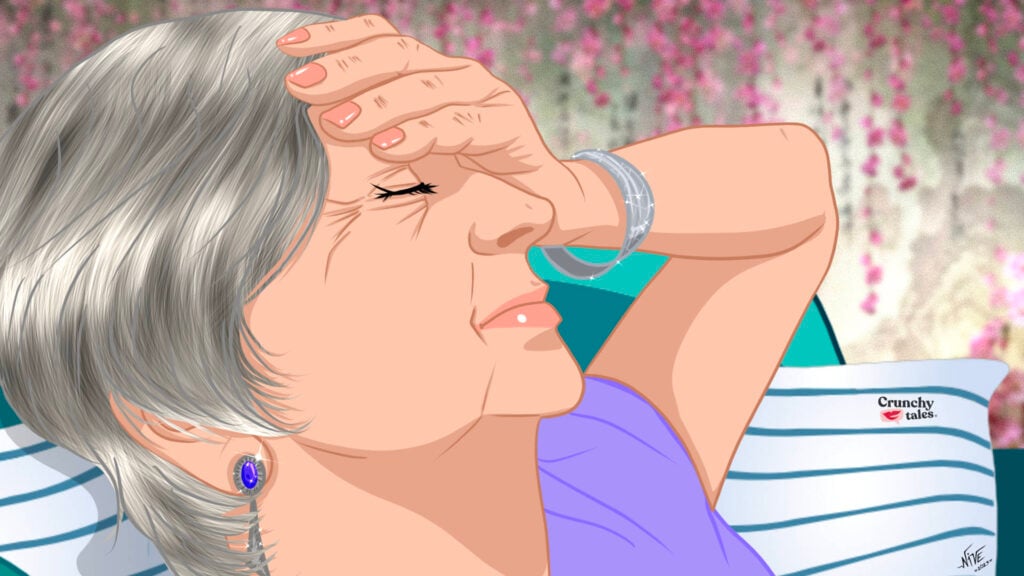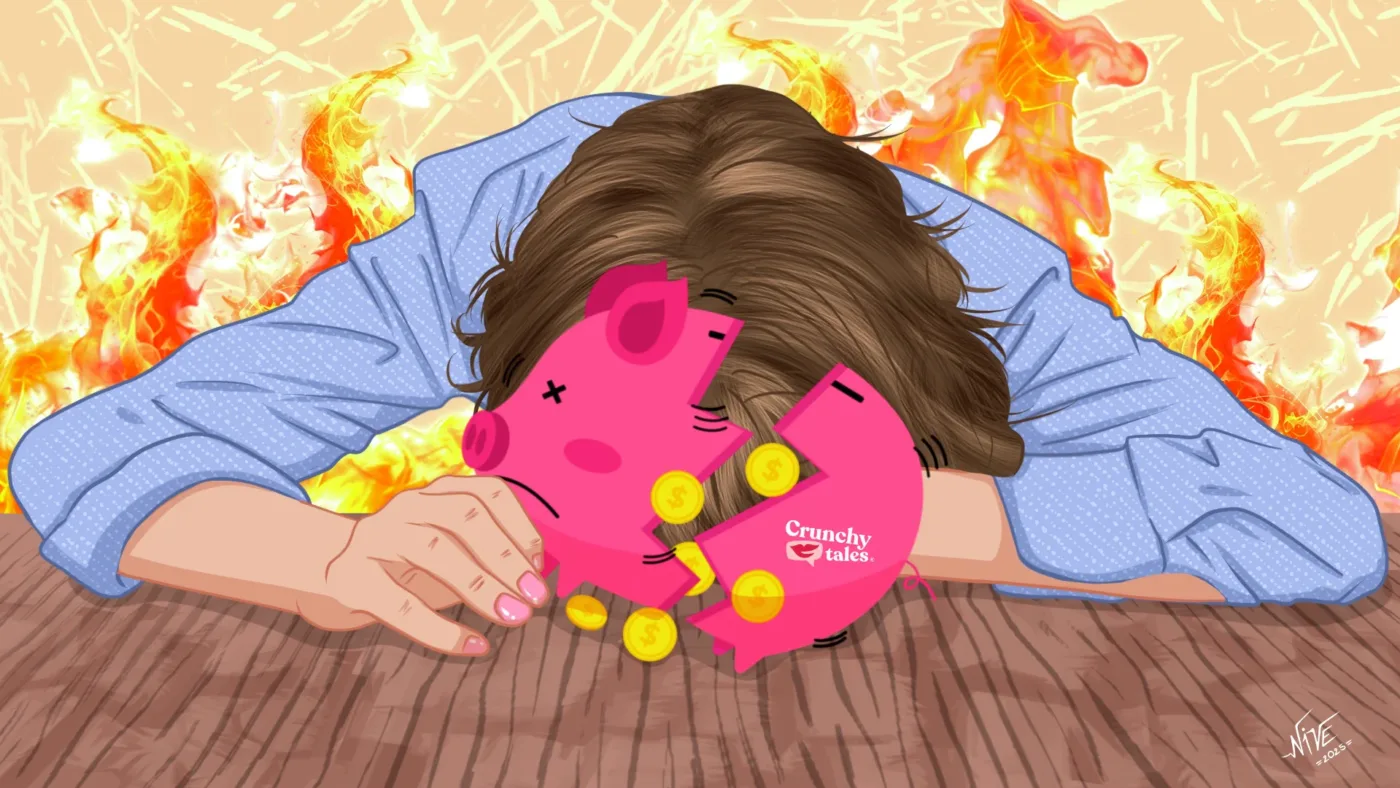The Hidden Costs Of Menopause: What Women Need to Know
By the time hot flashes, insomnia, anxiety and fatigue have taken their toll, many women already know: menopause isn’t just a medical milestone, it’s an economic one.
Now, a major new study by University College London and the Institute for Fiscal Studies confirms what millions have long felt but couldn’t quantify — that menopause is costing women their careers, their income, and their long-term financial security.
Women diagnosed with menopause experience an average earnings drop of 4.3% within just four years. That figure climbs to 10% by the end of that period. The researchers, working across the UK, Norway, Sweden and the US, call it a “menopause penalty” — and it’s hitting women at exactly the same time they’re expected to be at the peak of their careers.
Menopause is a universal experience, but not a universal burden – says Professor Gabriella Conti of UCL, lead author of the study – And for many women, the cost is not just physical or emotional, it’s financial.

Menopause Costs
It’s not just another round of sleepless nights or mood swings. It’s yet another economic penalty added to a woman’s career.
The research, drawn from thousands of Nordic medical records, compared the earnings and work hours of women before and after a menopause diagnosis. The findings were stark: reduced employment, lower contracted hours, and a 4.8% rise in disability insurance claims, all pointing to how debilitating unmanaged symptoms can be.
Even more striking, the economic penalty falls unevenly. University-educated women tend to weather the hormonal storm better — largely thanks to greater awareness, stronger workplace protections, and better access to care. Those without degrees? They’re the ones whose paychecks suffer most.

The Menopause Penalty
If that wasn’t enough, women are also spending thousands out of pocket trying to manage their symptoms. With medical care patchy and inconsistent, many turn to private solutions: hormone therapy, supplements, online coaching, wellness retreats. It’s a booming industry — but one that exposes a dangerous gap in public health support.
Here’s what the data shows:
-
$13 billion is spent annually by U.S. women alone on self-funded menopause treatment.
-
The global supplement market for menopause is nearing $1 billion this year — and it’s expected to almost double by 2035.
-
Wellness retreats and private coaching programs offer help — at a premium.
-
Use of antidepressants post-menopause has risen 5.1%, suggesting women are resorting to medication in the absence of more targeted care.
And yet, only 5% of women’s health funding in the past decade has gone to menopause research or treatment. It’s a stunning figure that reveals how little priority the medical establishment places on a life stage half the population will experience.
According to The Independent, women in the UK going through perimenopause and menopause are spending an average of £1,800 per year on products to manage symptoms like fatigue and hot flushes. A survey conducted for the Buy Now, Pay Later service Clearpay found that 76% of women purchase vitamins and minerals, 52% use supplements, and 40% invest in hormone support treatments. Among the most costly purchases are skincare treatments, averaging £244 annually, and skincare products, which cost around £179 per year.
So why aren’t we talking about this a bit more? Because menopause remains taboo, despite plenty of books, menopause cafés and campaigns. Yet as societies age and retirement ages climb, we’ll be relying more — not less — on women in their 50s and 60s to power our economies. Without a serious rethink of how we support them through menopause, that strategy is destined to fail.
We hope this research sparks action- says Professor Rita Ginja, co-author from the University of Bergen – Because it’s not just about symptoms, it’s about equality. Women shouldn’t have to choose between their health and their careers.

Menopause Matters: At Work, At Home, In Policy.
Menopause is not a niche health issue. It affects over half the population and yet remains one of the most overlooked and under-supported transitions in healthcare, the workplace, and society at large. It’s an economic issue — with millions of workdays lost, productivity affected, and careers sidelined. It’s a workplace issue — as women in midlife, often at the peak of their careers, face stigma, misunderstanding, or silence. And it’s a social justice issue — because access to information, care, and support is shaped by race, class, and geography.
We’ve long recognized the need to support maternity — to provide leave, protections, and accommodations. Isn’t it time we treated menopause with the same urgency and dignity?
Like this post? Support Us or Sign up to our newsletter to get more articles like this delivered straight to your inbox!






This Post Has 0 Comments